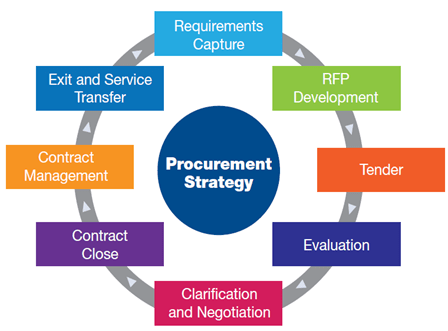Bookkeepers can also be responsible for other tasks such as reviewing expense reports and assisting in preparing a budget. A bookkeeper’s job is an important element for https://fla-real-property.com/business any small business, and it shouldn’t be underestimated. To qualify for the title of an accountant, generally an individual must have a bachelor’s degree in accounting.
The Difference Between Bookkeeping and Accounting
Whether you sell baseball cards, baseballs, or tickets to a baseball game, your business still needs a bookkeeper or an accountant, or ideally, both. An enrolled agent (EA) is a tax professional authorized by the United States government. Their job is to advocate and assist taxpayers when they have issues with the Internal Revenue Service. To become one, you have to either have worked at the IRS or pass an EA examination. Bookkeepers may also be responsible for a number of other tasks including and assisting in budget preparation.
Why would someone use an automated accounting system instead of a traditional bookkeeper?
But keeping accurate books and understanding what the numbers mean can spell the difference between business success and failure. As you can imagine, there are quite a few differences between bookkeepers and accountants, including the level of education each job requires. As a small-business owner, you can always take care of them yourself with accounting software, which both generates financial reports for you and helps you understand that data in the context of your business. Working with an accountant or bookkeeper doesn’t mean losing control of your business.
Create a chart of accounts
Usually, the bookkeeper’s work is overseen by either an accountant or the small business owner whose books they are doing. Bookkeepers are usually responsible for documenting or checking financial data for a company or client, including checks received or written, invoices, cost spreadsheets, and monthly or quarterly https://www.aksionbkg.com/page.php?id=429&print=page revenue. A bookkeeper is skilled at keeping documents and tracks a wide net of financial information. As an accountant, you may work for a company or yourself, and there are opportunities for accountants in many industries like law, insurance and health, small business, and, of course, tax accounting firms.
Bookkeeping Vs. Accounting: The Differences And Similarities
While this decision is personal and depends on your needs and business goals, here are some signs it’s time to outsource your bookkeeping and accounting needs. You might start your business by handling accounting tasks yourself, then decide to hand off the day-to-day transaction input to a bookkeeper as you grow. Since bookkeeping is a more straightforward process than accounting, it is something that many people can (and do) opt to take care of themselves.
- Certified public accountants (CPAs) are licensed by the state in which they operate and have to pass quite a few qualifying exams and other requirements in order to earn that designation.
- Accounting is the interpretation and presentation of that financial data, including aspects such as tax returns, auditing and analyzing performance.
- Most businesses use an electronic method for their bookkeeping, whether it’s a simple spreadsheet or more advanced, specialized software.
- Depending on the size and goals of your business, you may find that you need both professionals to keep your small business afloat and doing well.
What Credentials Does an Accountant Have?
- The Institute of Management Accountants (IMA) offers the CMA certification, focusing on financial planning, analysis, control, decision support, and professional ethics.
- What happens if you have extra transactions showing up on your own records that haven’t been cleared through the bank yet?
- Bench offers full bookkeeping services by live bookkeepers, along with our always-available software platform (so you can log in any time to see where your accounts stand).
- And both generally don’t get much time off between the months of January and April.
- This job doesn’t require a college degree, only five years of tax experience with the IRS.
Both bookkeeping and accounting are crucial for managing finances but involve different tasks and serve distinct purposes. Here’s a simplified comparison table highlighting the key differences between bookkeepers’ http://civilforum.com.ua/kompaniia-arsk-plast-krypnyi-proizvoditel-plastikovyh-okon-iz-pvh-profilei-exprof-v-tatarstane-otmetila-v-minyvshyu-sybboty-13-oktiabria-10-letnii-ubilei and accountants’ work. In this article, we will unravel the ins and outs of both accounting and bookkeeping professions, helping you identify which is most suited to your business requirements.
Bookkeeping vs. accounting: Key differences
Some business owners learn to manage their finances on their own, while others opt to hire a professional so that they can focus on the parts of their business that they really love. Whichever option you choose, investing—whether it be time or money—into your business financials will only help your business grow. While there are certain similarities and overlaps between the two, there are distinctions that set these two roles apart. Bookkeepers don’t necessarily need higher education in order to work in their field while accountants can be more specialized in their training.
What are your bookkeeping and accounting options?
Still stumped on how to handle bookkeeping vs. accounting tasks for your small business? Small business accounting software like QuickBooks helps you track your business finances all in one place, making it easily accessible to you and your accounting team. Bookkeepers and accountants are both critical for the financial health of a company. If you’re not tracking daily expenses, you’ll have very little information to give to your accountant and they won’t be able to make informed decisions.







